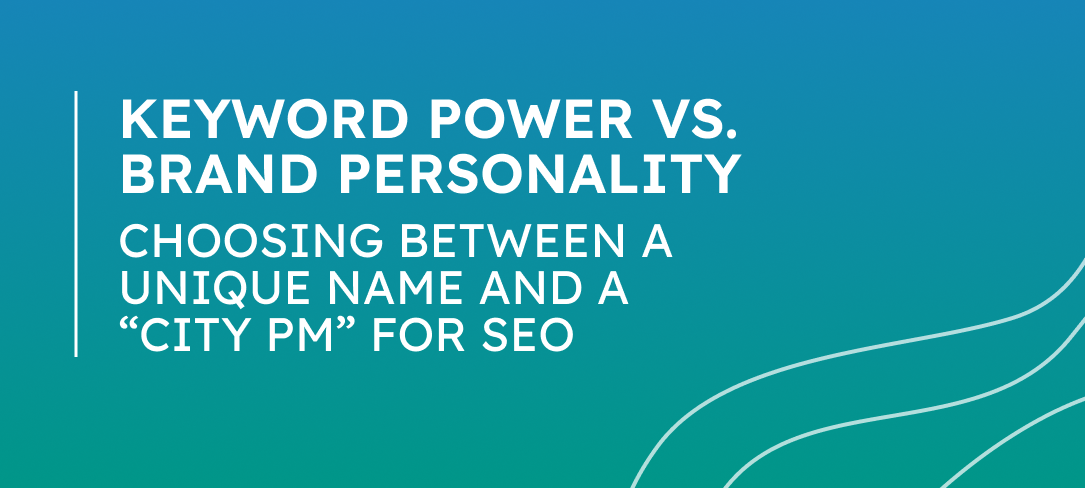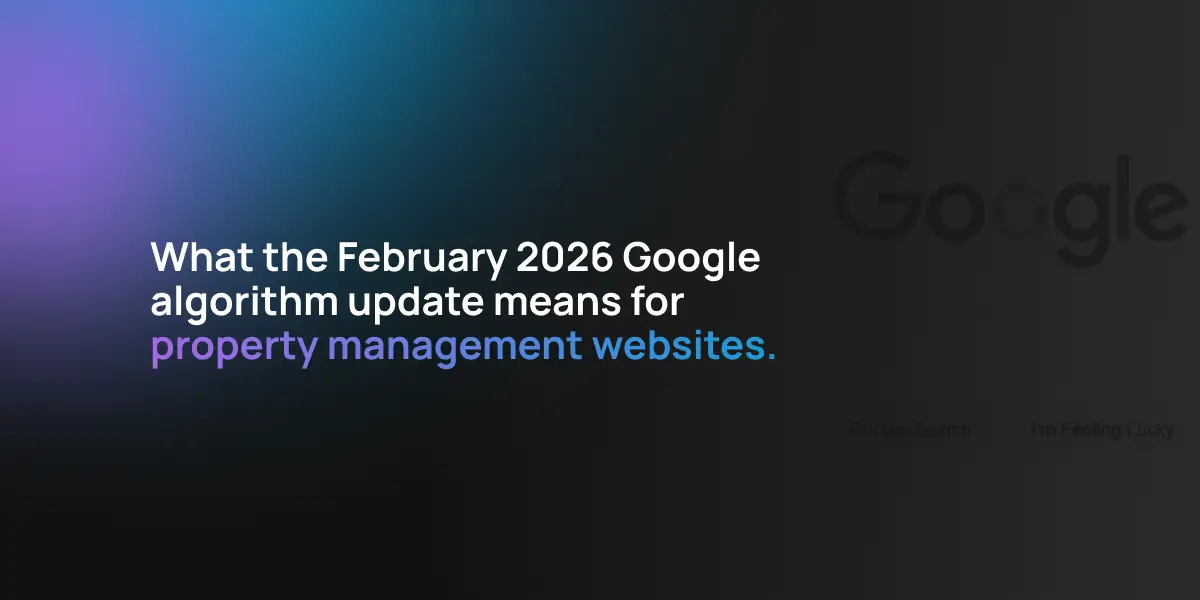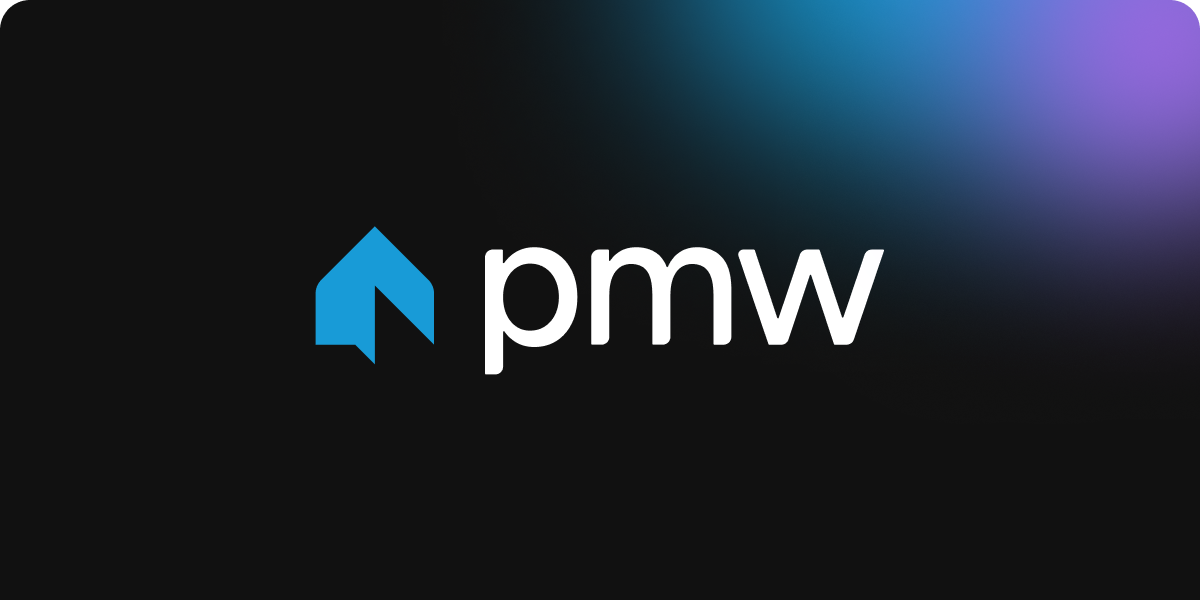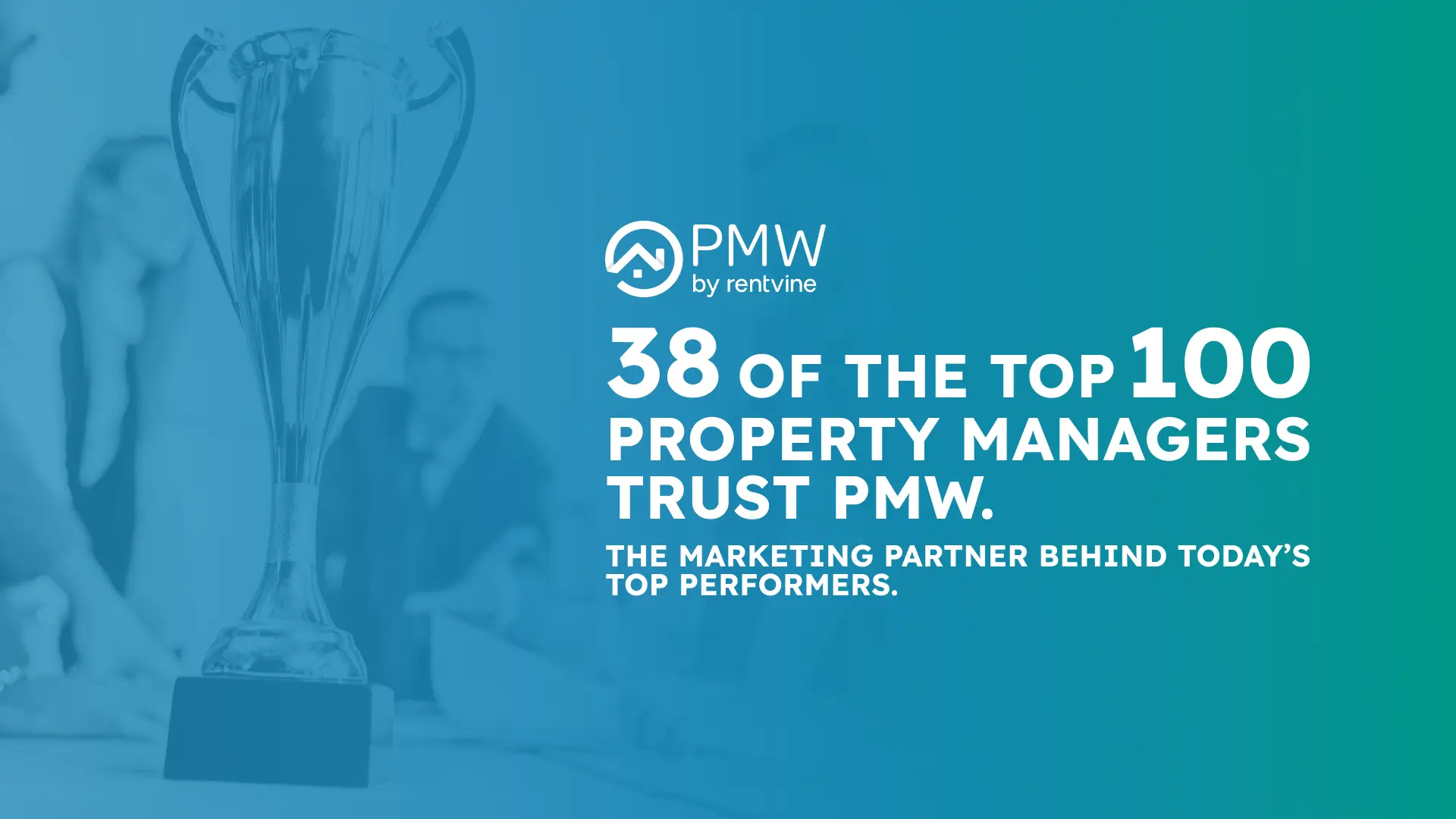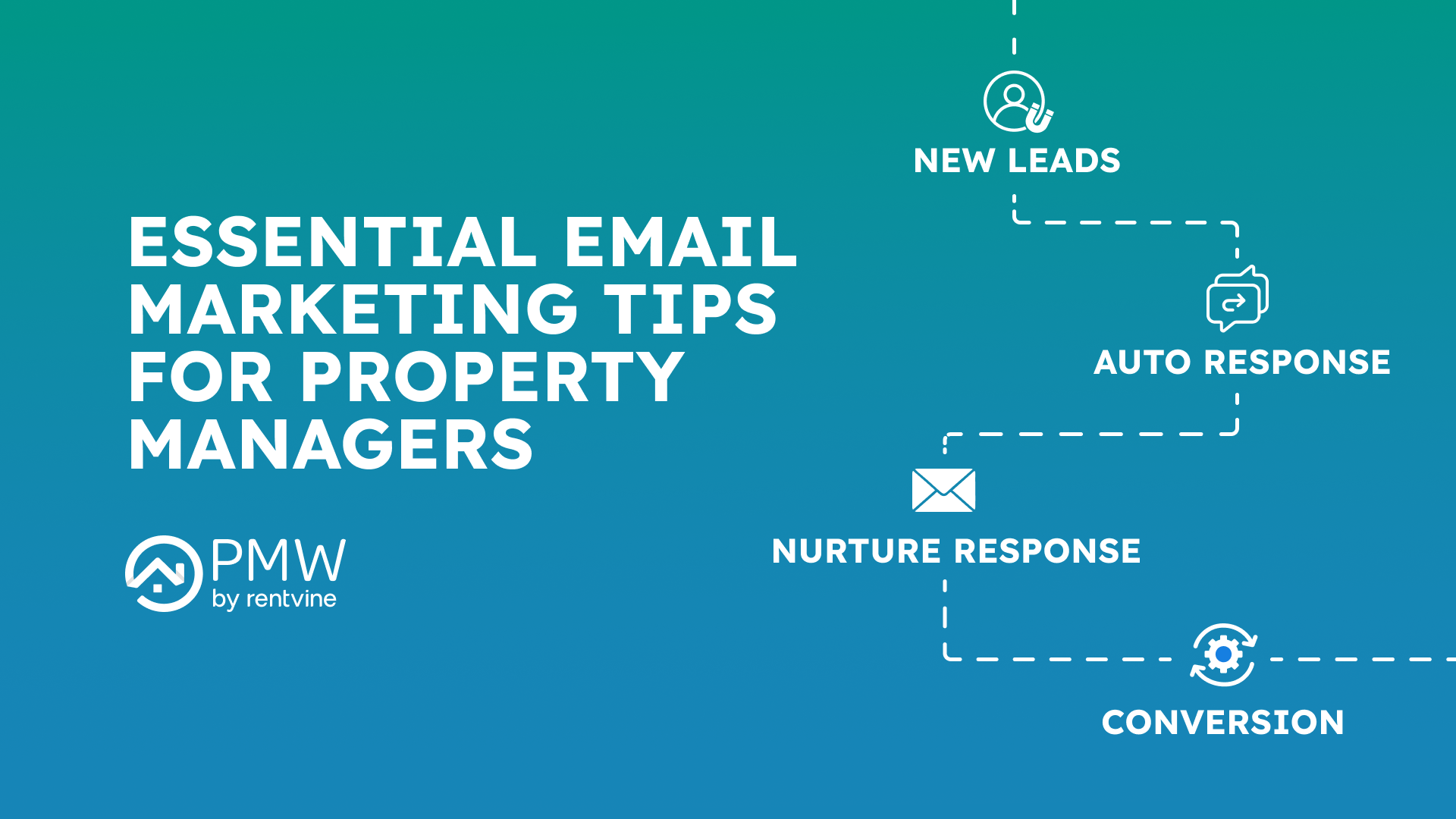
When launching or rebranding a property management company, one of the biggest decisions you face is naming your business and choosing the right website domain. This choice often comes down to a debate: do you go with a straightforward “City + Property Management” style name, or do you build something more unique and brand-driven?
For example, should you call your company Miami Property Management and purchase miamipropertymanagement.com for maximum keyword clarity? Or should you choose a unique name with a branded URL that reflects your company’s personality and values?
Both approaches have their advantages and drawbacks. In today’s digital landscape, where SEO, branding, and consumer perception all matter, the decision is not as simple as it used to be. Let’s look at the pros and cons of each path so you can make the best choice for your business.
The Case for “City + Property Management”
Generic keyword-driven names like Dallas Property Management or Seattle Property Management Services have been a common strategy for years, especially in an industry where local search visibility is critical.
Pros
Immediate SEO Benefits: Having high-intent keywords directly in your company name and website URL tells Google exactly what you do and where you do it. This can give you an edge in ranking for “city property management” searches, which are the bread and butter of digital lead generation.
Clarity for Customers: Prospects do not need to guess what your company offers. The name instantly communicates your service and your market.
Lower Barrier to Entry: If you are new in a competitive market, this naming convention can give you a boost in visibility before you have had time to build brand recognition.
Works Well for Local Search Ads: Even in pay-per-click advertising, a clear city + service name can improve click-through rates because it aligns with exactly what the user typed into Google.
Cons
Generic and Forgettable: While these names are functional, they rarely stand out. If five competitors in your city are using a similar approach, prospects will have a harder time remembering which one was yours.
Difficult to Scale: If you ever expand beyond that city, the name may feel restrictive. “Miami Property Management” does not work if you want to serve Fort Lauderdale or Boca Raton.
Weak Branding Potential: Generic names do little to build a memorable brand identity. They may help with initial visibility, but they do not create the emotional connection that turns customers into long-term clients.
SEO Volatility: Google has reduced the advantages of exact-match domains and names over the years. Relying too heavily on this tactic leaves you vulnerable if algorithms change.
The Case for a Unique Brand Name
On the other side of the debate, many property management companies opt for distinctive branded names. These names are less about keywords and more about standing out and telling a story.
Pros
Memorable Identity: A branded name gives you a chance to stand out in a crowded market. It is easier for clients to recall and recommend a company with a unique identity than one that blends into the “city + service” crowd.
Scalability: If you expand into new markets or add related services, your name still works. You can open offices in multiple cities without confusion.
Professional Appeal: A creative, polished name can convey sophistication, stability, and credibility, which helps attract investors and owners who want to work with an established firm.
Marketing Versatility: Branded names are easier to build stories around. They fit well with modern marketing tactics like social media campaigns, video content, and storytelling that create a deeper connection with your audience.
Cons
Less SEO Help: Without city and service keywords in your name and URL, you will not get that immediate bump in rankings. You will need to rely more heavily on a strong SEO strategy, local listings, and content marketing.
Slower Recognition: Early on, prospects may not immediately know who you are or what you do. You will have to invest in messaging to make the connection clear.
Extra Marketing Investment: Building a brand takes time and resources. A unique name only works if you are committed to reinforcing it across your website, advertising, and client communication.
Domain Availability Issues: It may be harder to secure a clean, short URL if your chosen brand name is already in use.
What About the Website Domain?
The same debate extends to your online address. Should you go with something like miamipropertymanagement.com (keyword-based) or a branded URL?
Keyword/City Domains
Pros: They are crystal clear, SEO-friendly, and can perform well in search results for specific local queries.
Cons: They are generic, often hard to protect or trademark, and can be confused with competitors who have nearly identical domains.
Branded Domains
Pros: They are more memorable, more flexible for growth, and align with your overall brand identity. A branded URL also looks more professional in email addresses and marketing campaigns.
Cons: They do not carry natural keyword weight, and you may need to work harder to rank for your city-specific terms.
Choosing the Right Path for Your Business
The truth is, there is no one-size-fits-all answer. The decision depends on your goals, your market, and your long-term vision.
If you are just starting out in a competitive local market and need quick SEO traction, a “city + property management” name might help you get off the ground. But you should be aware that this is a short-term play and may limit your brand potential later.
If you are in it for the long game, planning to grow, expand, and stand out in a crowded industry, a unique branded name is usually the better investment. While you may sacrifice some keyword power up front, you gain a flexible identity that can adapt and scale.
For domains, some companies split the difference. They use a branded company name but secure a keyword-rich landing page domain to point traffic to their main branded site. This way, you get the SEO benefit without sacrificing your long-term brand.
Final Thoughts
Property management is a highly competitive business, and your name and domain are often the first impression you make online. Keyword-rich names and domains still hold power, but they are less dominant than they once were. At the same time, brand-driven names give you the identity, flexibility, and memorability to thrive in today’s marketing environment.
The best choice comes down to how you want your company to grow and how much you are willing to invest in building a brand that resonates. Whether you lean toward the practicality of “City + Property Management” or the creativity of a unique brand, the key is to make the decision strategically and align it with your long-term vision.
Additional Resources
Branding Unboxed: Cost, Benefits, and Everything You Get
When Brand Colors Fail: The Hidden Risk of Ignoring ADA Compliance
Branding Breakthrough: A Case Study in Transforming Identity into Revenue

